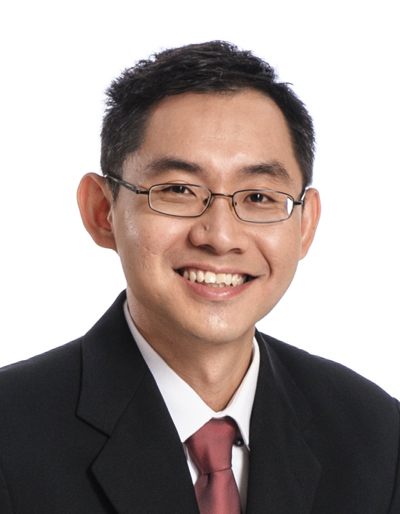
Tra Thi Trinh
Tra Thi Trinh
Research Fellow, PhD (Development Economics) National Graduate Institute for Policy Studies; MSc (Economics) Aalto University School of Business
tratrinh@nus.edu.sg
Dr Tra Thi Trinh joined IPUR in 2022 as a Research Fellow in the Environment and Climate pillar. Her research interest lies in environmental economics, behavioural economics and development economics using applied econometrics. Her focus areas during her PhD involved climate and migration. Dr Tra’s current projects at IPUR including analysis of the World Risk Poll and risk perceptions studies on climate and environment. She received her PhD in Development Economics from the National Graduate Institute for Policy Studies in Japan, and her master’s degree in Economics from the Aalto University School of Business in Finland.





